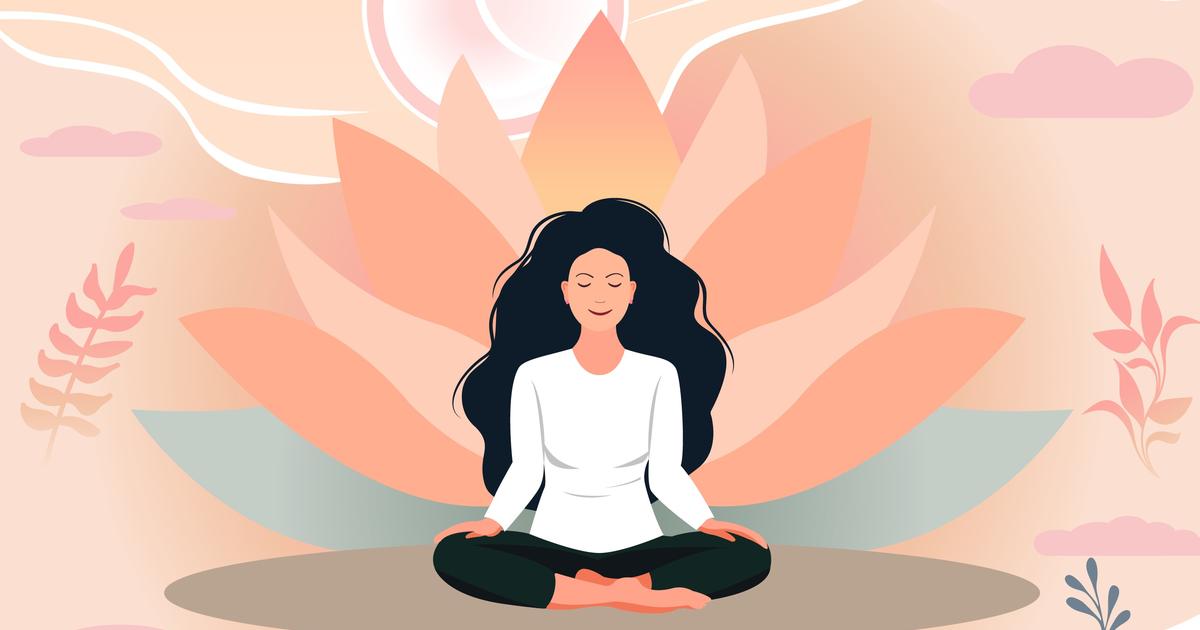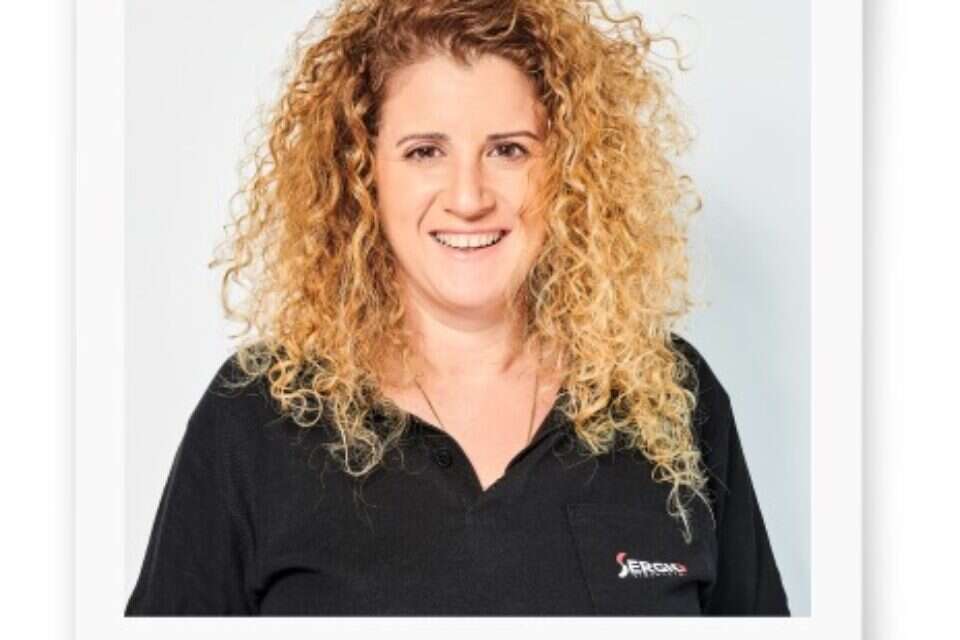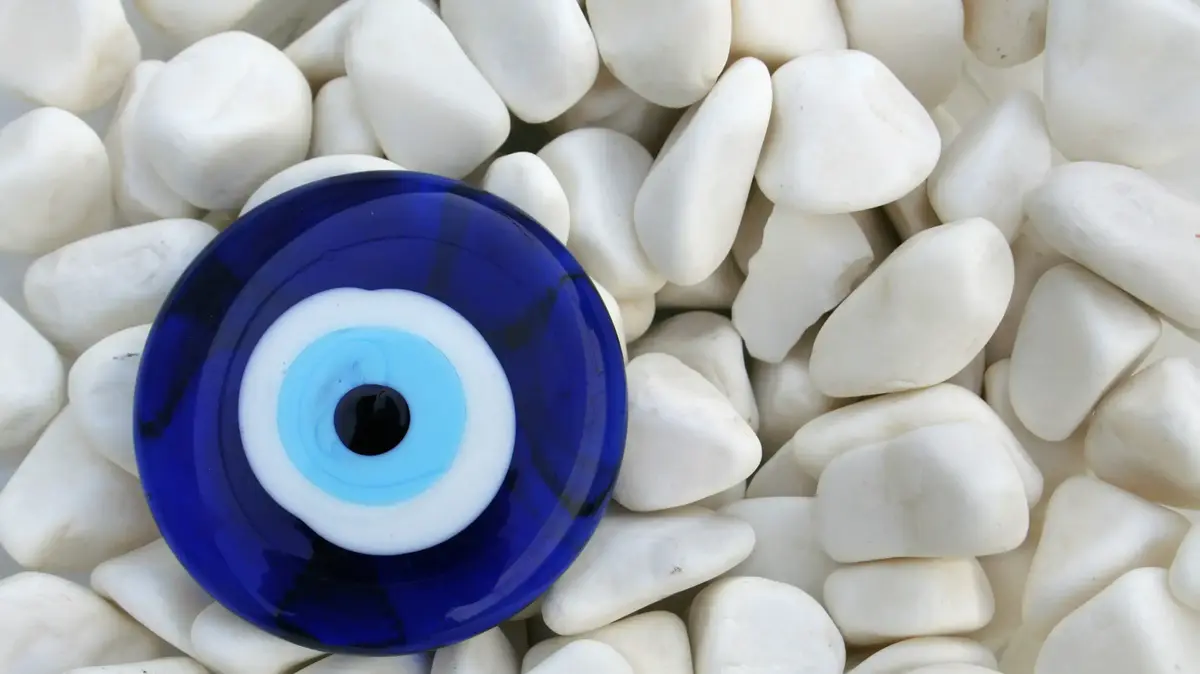“If you're depressed, you're living in the past.
If you are anxious, you are living in the future.
If you are at peace, you live in the present.”
Which fashionable wellness guru tells us this truth?
Lao Tseu, born in the 5th century BC.
Ah, savor the present!
Easy to say when we are still digesting our year's worries and we are psychotic in a pareo, anticipating the start of the new school year.
Come on, in our quest for wisdom, let's take a little leap in time.
Let's try the 16th century with the latest book by Pr Michel Lejoyeux
En bonne santé avec Montaigne
(Éditions Robert Laffont).
Read alsoSix protocols that work to refine, smooth and deflate the legs
This great spirit already wrote: “We are never at home.
We are beyond.
Fear, desire, hope rob us of the sense of what is for fun.
A mind concerned with the future is unhappy.”
Today, neuroscience confirms.
According to a study of
250 American students, the young people most invested in the present moment resisted the stress of the pandemic better than the others.
Similarly, says Professor Lejoyeux, we would be in better health when we live in full awareness of our body, our breathing, our movements, the presence of those who give meaning to life.
In video, 10 lunch ideas to boost your energy in the afternoon
Close the Museum of Sadness
For Montaigne, one should not hesitate to escape into daydreaming.
Like a back room just for yourself in which you have to get used to discussing with yourself, talking, laughing.
What the philosopher Charles Pépin calls cerebral wandering: “When we do nothing, we do lots of things.”
On the other hand, it is time to close his personal museum of sadness.
Rather than dwell on what is wrong, we must actively seek reasons for satisfaction.
Among them, waking up to music, walking early in full awareness, not planning everything for the day that is beginning, saying the word "maybe" out loud, writing down your daydreams, "making friends" at least once per day… And eat mushrooms!
It's not a hallucination.
“A study on the
food and the good mood that has just come out shows that people who eat 20 grams of mushrooms a day are less anxious and less depressed,” explains Professor Lejoyeux.
Champion mushrooms?
All of them, as long as they're non-toxic.
Rather than dwelling on what is wrong, actively seek reasons for satisfaction
Take the plunge
“Swimming is the best medicine I have found against grief, fatigue, boredom,” announces journalist and writer Colombe Schneck.
"Swimming helps me concentrate, find ideas, stand up straight, not complain too much," adds her sister Marine.
Together, these great swimmers tested the capital's forty-two swimming pools.
Rates, water quality, attendance, cleanliness of changing rooms… They have scrutinized everything and are publishing
Paris à la nage
(Éditions Allary), a super-documented hymn to swimming that really makes you want to dive.
The Schneck sisters insist: “Like yoga, swimming transforms.
I've finally reached that cream pie thing of all personal development guides, being present in the present.
Swimming helps me concentrate, find ideas, stand up straight, not complain too much
Marine Schneck, co-author of "Paris à la nage"
Breathe through the tongue
Nadège Lanvin, yoga teacher and author of
Mon yoga du visage
(Éditions Larousse), recommends Sitali refreshing breathing, which helps to withstand peaks of heat and soothe the mind.
“Summer is a yang season par excellence,” she explains.
This movement is not necessarily a displacement or an agitation.
This fire energy enlightens us, cleanses us and transforms us internally.
In Chinese medicine, the organs associated with summer are the heart and the small intestine.
Symbolically, the latter is in charge of sorting out our lives.
To avoid excess heat (exterior and interior): seated, back straight, shoulders low, stick out your tongue.
Inhale through your mouth, then retract your tongue and close your mouth for a few seconds.
Then exhale slowly through your nose.
Repeat between 5 and 20 times.
(Re)take up the pen
Fiction conducive to inner clicks, poetry,
feel good books
and other restorative works are our best allies this summer.
Studies conducted on bibliotherapy show it: reading is a great anti-stress, it increases empathy, takes care of the heart, the mind, the psyche.
“The beauty of a character, of a text sometimes helps to pass a course”, notes Jean-Guilhem Xerri, psychoanalyst, author of the very soothing
Deep Life
(Editions du Cerf).
"It's like a word: we can hear it to different degrees, some passages touch us one day, other pages, a year later."
To heal, words can be said, as in the creative bibliotherapy workshops led by the novelist Régine Detambel.
And especially written, in a diary.
Classic?
The practice is experiencing a
revival
under the name of
journaling,
carried by figures such as Oprah Winfrey and Julia Cameron.
A popular variant, expressive writing calls for deepening our trying emotions and negative or energy-consuming loops rather than detailing the days or a dream life.
Among the exercises proposed in
The Benefits of Writing, the benefits of words
(Editions Odile Jacob), the doctor in psychopathology Nayla Chidiac invites to draw in words “the anatomy of a sorrow” (or a failure…) real or imaginary.
Start with a description of the event with a scalpel, with simple, calm sentences, without pathos.
Then introduce an "I" which renders the description, like a journalist commenting on a news item.
This passage from the intimate to the descriptive writing allows us to distance ourselves from the pain.
"These writing exercises are practiced 15 minutes a day, twice a week, then increasing the frequency until writing becomes a need," says Nayla Chidiac, who founded the therapeutic writing workshops at the Sainte-Anne hospital in Paris.
The key is increased mental and physical well-being.
To your pens.
Follow a virtual retreat
And if, to save time, we left rested?
The Pleace platform offers a digital wellness cure to manage as you wish, including on vacation.
“We are not inventing anything but we want to make available to everyone the best we have found on our path, ancestral disciplines such as exercises from neuroscience”, explains Émilie Veyretout.
Creator of Pleace, she was a beauty and well-being journalist for
Le Figaro for a long time.
That is to say if she masters her subject.
On the menu, four hours of video program with coaching, exercises, workshops designed with well-being experts.
There are several treatments (fatigue, creativity, sexual energy, etc.), each supervised by a psychologist using a body-mind method.
Thus the program La Pause begins with an emotional questionnaire, continues with a
journaling
session , a dance class with the choreographer Tatiana Seguin, a work on the breath with Susan Oubari, pioneer of
breathwork
, a hypnosis session with Léonard Anthony, fatigue specialist.
€120 for a cure available for 30 days.
pleace.fr
Dare downtime
“The research is clear: you have to meditate at least twelve minutes a day, insists Eugénie Lambert Buckstein, founder of the Bloom meditation studio.
Just the fact of posing in silence, putting your feet under your knees, your hands on your legs, closing your eyes, taking three conscious breaths, changes the day.
Morning meditation has incredible power, especially in setting intentions for the day: “I want the day to go well and I want to live it.”
Anne-Gabrielle Saint-Joigny, an integrative coach, likes to offer Elisha Goldstein's Stop exercise.
S: as a stop to mark a pause.
T: for a breathing time.
O: for observation of sensations, thoughts, emotions.
P: for total presence in the experience.
Her other tip for reducing stress: do one task at a time.
The brain is single phase.
Eating + scrolling your phone + watching TV at the same time is a guaranteed short-circuit.
Morning meditation has incredible power, especially in setting intentions for the day
Eugénie Lambert Buckstein, founder of the Bloom meditation studio
Let your skin breathe
She also needs to breathe and regain her balance.
So we attack him as little as possible.
Which doesn't mean forgetting it.
We drop all complicated routines, active ingredients that are a little too active (retinol, vitamin C, AHA…), but we moisturize and protect it twice as much.
Mélanie Huynh, the founder of Holidermie, admits to sulking the gua sha in summer.
But she improvises homemade cryotherapy sessions to refresh and drain.
After a day in the sun, massage your face with an
iceblock
(solid ice cube) before applying a thick layer of restorative or antioxidant cream.
Leave it on like a mask and remove the excess.
To let the face radiate in peace, we just offer it a little purification ritual before leaving: exfoliation, detox mask, facial sauna... Another summer friend to de-stress the skin and the mind: CBD.
The Breton brand Ho Karan transforms hemp from root to flower for a total in & out experience.
We also put our skin to the green with Ulé, the new brand made in France and eco-friendly from Shiseido.
We love Je suis Chill, its CBD Hydra-Fortifying cream, the Oh la Plump quenching serum and the most amazing product, avoir it All Huile, an edible multifunction elixir…
Another summer friend to de-stress the skin and the mind: CBD
deacidify
With stress, junk food and a sedentary lifestyle, we constantly suffer from an excess of acidity which creates a chronic inflammatory terrain.
To restore balance, the body draws on its reserves of neutralizing molecules, such as calcium and magnesium from bones or teeth, potassium from muscles.
This summer, we try to alkalize our menus by limiting processed industrial foods, simple sugars, carbonated drinks as much as possible, by forcing on plants, fruits, vegetables, seeds, herbs... We can also help our digestive system with certain draining, purifying and rebalancing plant-based drinks.
With fresh water, ice cubes and a few mint leaves, they provide useful hydration.
Healthy cocktails:
Body Elixir, Aime;
Cure Mouvement, Ilse, based on organic wild plants (ilse.co);
the Detox & Immunity Infusion, Holidermy;
the Radiance Complex, Days of Confidence.
THE OTHER GINSENG
“With the pandemic, but also chronic diseases and the stress of modern life, we see more and more persistent fatigue with attention and memory disorders, notes Céline Féger, doctor.
Often, rest is not enough to make it disappear, nor are the usual stimulant remedies: vitamin C, guarana, camu-camu, maca.
Asian ginseng (Chinese or Korean) gives a boost at the moment but depletes the reserves.
Ultimately, it boosts both energy and stress.
Hypnosis, acupuncture, yoga also give good results, but are dependent on the practitioner.
According to Dr. Féger, it is better to bet on American ginseng or American ginseng (Panax quinquefolius): an adaptogenic plant that rebalances the entire energy circuit.
To be tested in Qiseng of Olisma.
really love each other
Be tolerant of our weaknesses, stop zooming in on what's wrong, switch from self-judgment to self-kindness... The key to joy and serenity is in the relationship we have with ourselves, the pundits tell us. psy sciences.
According to the work of Kristin Neff, associate professor of human development and culture at the University of Texas, a pioneering researcher on the subject, self-kindness is more powerful than self-esteem.
The latter pushes us to self-assessment and can induce performance anxiety and a quest for social approval, points out the specialist, co-author of
My self-compassion book in full awareness
(Editions De Boeck Supérieur).
“Self-love is not based on accomplishments or outward signs of success.
It's not being perfect or being happy.
Self-love does not shame, does not belittle, does not criticize,” explains Megan Logan in her best-selling exercise book,
Self-Love
(Éditions Albin Michel).
By forging a more caring self, one has more energy to live fully, more love to share, healthier relationships.
But how do we simply love each other?
You have to already want it and devote regular time to it, according to Megan Logan.
Simple exercises, guided meditations, such as the audios provided with the book
The Challenge of Compassion: Living with Heart
, by Frits Koster, Erik van den Brink, Fairouz El Hammar-Vergnes (Editions De Boeck Supérieur) make this essential nutrient for our lives grow day after day.
Those most motivated will enroll in a comprehensive Mindful Self-Compassion (MSC) program to make self-kindness a “skill.”
By forging a more caring self, we have more energy to live fully, more love to share, healthier relationships.
Self-coach
What strategy would you adopt to fail your life, be miserable as a stone, never achieve your goals?
Use the menu to detail your special crash program.
It's not a joke but one of the funny and effective tools of coaching, to be appropriated on demand.
While waiting for the click, the time or the budget to afford the services of a real coach, many practical and creative works accompany our desire to change.
●
In humor mode,
The Subtle Art of not giving a damn.
A contrarian guide to being yourself,
by Mark Manson (Éditions Eyrolles), tackles with piquancy how to overcome losses and failures.
We explore our values and our identity in an original way and we get moving.
●
For souls sensitive to shamanism,
psychotherapist Marie Caiazzo shares in
Le Guérissage
(Tana Éditions) a compass that helps reveal inner resources, the Compass (compassion, goal, movement, patience, acceptance, breath).
Thanks to this transformation tool inspired by Native American wisdom, we embrace our emotions and our feelings to find our reason for living.
And the energy that goes with it.
●
Want to live like a warrior?
The Great Book of Toltec Principles,
by Patrice Ras (Éditions Eyrolles), reveals these powerful lines of conduct that invade even the management community.
Let your word be impeccable;
whatever happens, don't make it personal;
don't make assumptions;
always do your best;
be skeptical, but learn to listen… These simple rules turn our failures into awareness, our needs into wants, our wants into decisions.
When problems become projects, the urge to move mountains returns.








